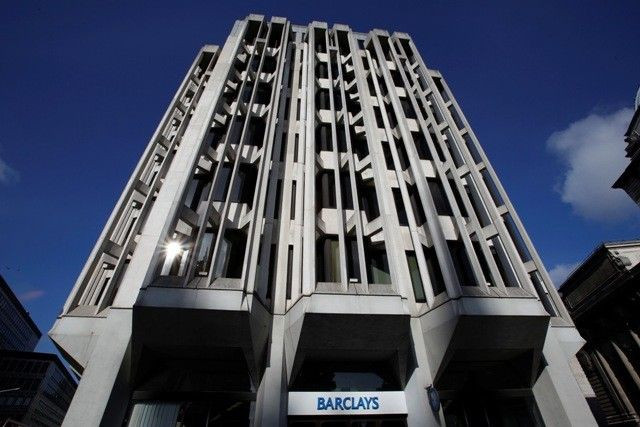Why is it good to pay bankers more bonuses?

Bankers were the fall guys by default as the global economy bit the dust in the aftermath of a catastrophic U.S. housing bubble which led to a credit crunch that snowballed into a biting recession.
Everyone agreed it was a fitting backlash. Banks' indiscreet lending practices had ushered in the crisis, and soon attention turned on the largesse they were reaping in the form of bloated bonuses.
Governments stood the moral high ground and restrictions were placed on the industry in terms of what they were doling out to their fat-cat executives.
Taking home less in benefits was the fitting catharsis for the bankers whose hubris was the generous sanctioning of risky loans, it was agreed. And it made everyone, except the bankers, happy.
But then there is a twist in the tale, according to a Centre for Economics and Business Research (CEBR) study.
In an analysis of London's banking industry bonuses, CEBR says some banks' plan to pare bonuses to the bare minimum will have a damaging effect on the economy.
According to CEBR estimates, the City's bonus payments this year will be 7 billion pounds ($11.26 billion) down from 11.6 billion pounds in 2007.
"There is now discussion amongst the banks on cutting this down to £4 billion. This is almost certainly a breach of competition law. But it is also quite likely damaging to the UK economy," the report says.
"The largest single gainer from bonuses is the taxman – who is the fattest of fat cats. If bonuses are £7 billion, the taxman will get £4.1 billion while all the 315,000 city workers will take home £3.8 billion."
However, if bonuses fall to 4 billion pounds, the tax office will lose about 1.8 billion pounds in revenue, the report points out, since the banks concerned mainly are not yet paying corporation tax because of the losses they made in previous years.
The take home bonuses of the bankers will be only about half of what they are given as a 50 percent tax and other tax increases on higher income groups are in place.
So it's essentially the taxpayer who will lose 1.8 billion pounds from a clampdown on bonuses, the report points out.
It says the squeezing of the City will have worrying longer-term implications too. "The City of London, which in its most successful years financed a major part of public spending (far from being socially valueless as was suggested by economically illiterate politicians and commentators) is under major threat from emerging financial centres..."
"Why go to London and pay 50 percent tax when you can move to Hong Kong, which is nearer to the action and where the tax rate is 15 percent? And if bonuses in London are much lower than elsewhere, it is unlikely that international talent will earn money here. Britain will be the loser."
The CEBR report also says that studies have shown that the rest of the UK benefits from the City. It says the collapse in tax revenues when the City got into trouble proves this point.
"While most people would like to see the UK develop a wider business base, no one who understands economics should want to achieve this by deliberately reducing one of the most internationally successful business sectors by excess restriction and taxation."
© Copyright IBTimes 2025. All rights reserved.





















